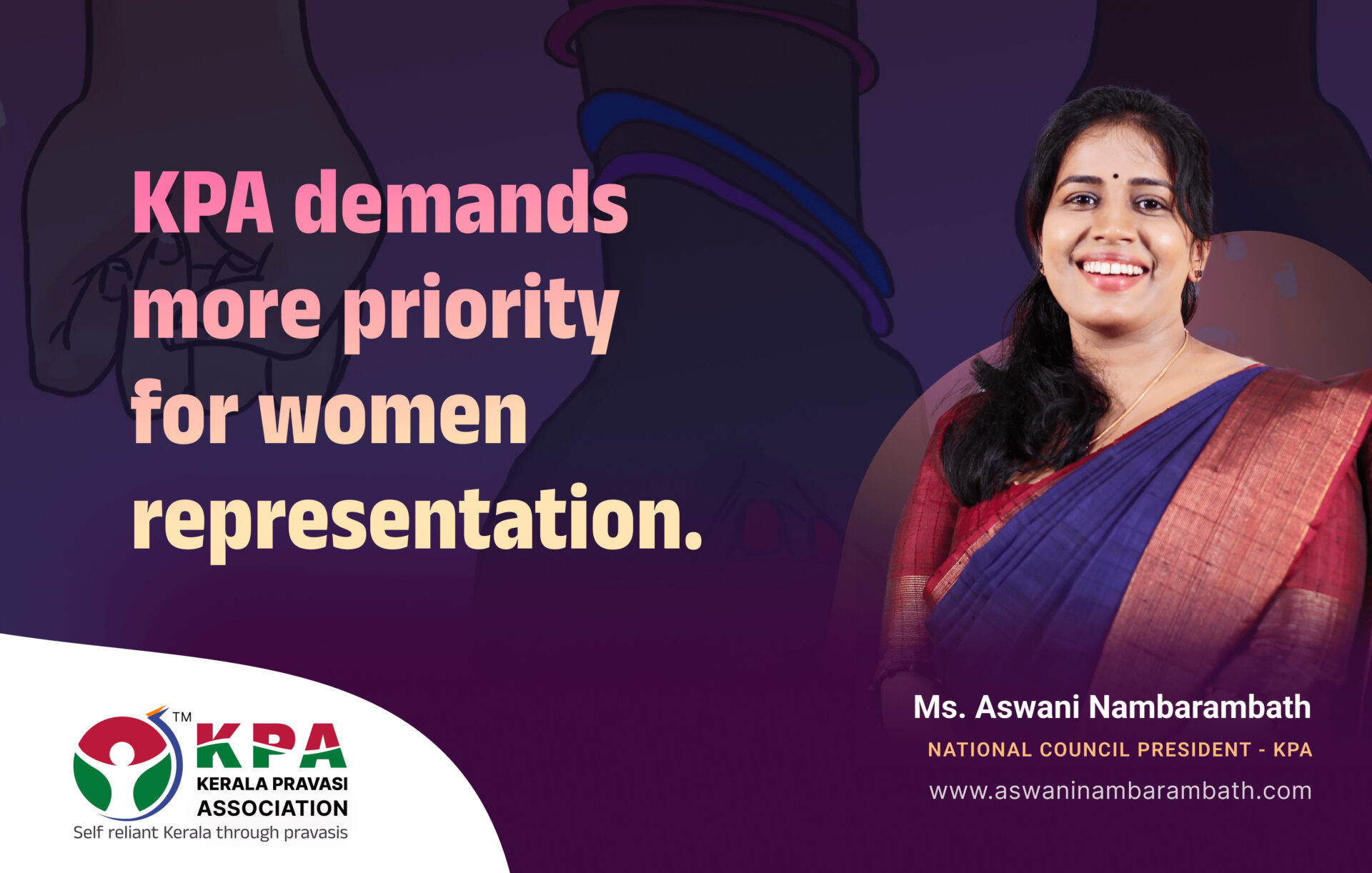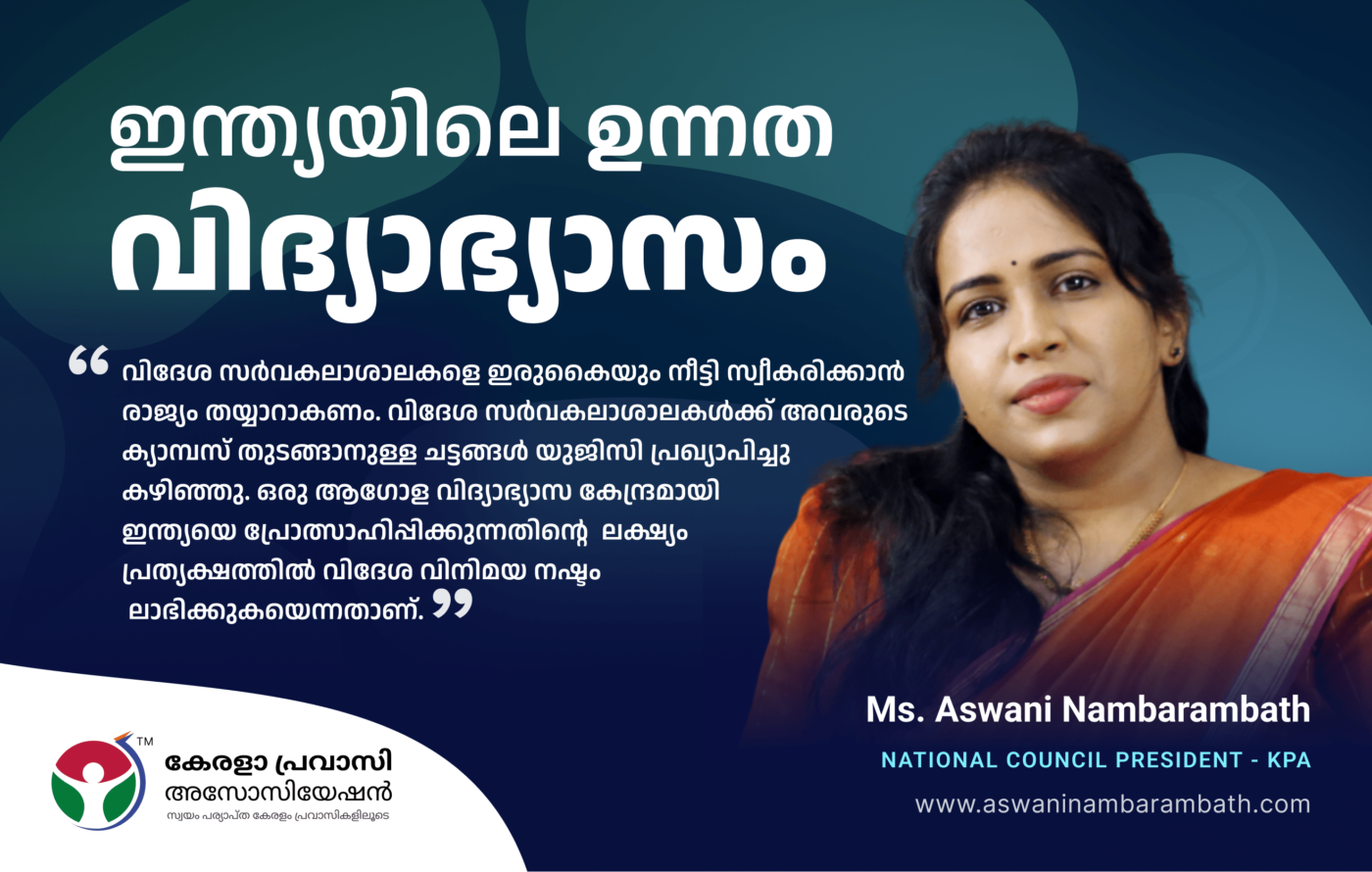The Women’s Reservation Bill, introduced in 1996, continues to remain pending in the Parliament of India. The proposal to amend the Constitution of India to reserve 33 per cent seats in the lower house of the parliament, Lok Sabha, and in all state legislative assemblies for women, remain forgotten.
The Kerala Pravasi Association has questioned the ignorance behind leaving such a crucial bill untouched. The Women’s Reservation Bill was initially introduced in the parliament on September 12, 1996. The bill was introduced in Lok Sabha by the United Front government of HD Deve Gowda.
The Vajpayee government pushed for the bill in Lok Sabha but it still wasn’t passed. Later, the UPA-I government, led by Congress, again introduced the bill to reserve seats for women in Lok Sabha and legislative assemblies in May 2008. After its reintroduction, the bill was passed by Rajya Sabha on March 9, 2010, but was still left pending in Lok Sabha. Currently, the bill remains pending in the Lok Sabha. Since then, the passing of the bill has been a subject of many discussions and yet has not seen the light of day. A matter that has been under discussions for the last 27 years.
The bill will only be passed if the ruling government supports the bill with full force, as they have the majority in Lok Sabha.
The current central ruling parties have misled the women in our country, who constitute half of the population, by including this matter in the manifesto twice and promising action within 100 days of coming into power. These promises were broken under the disguise of “being a matter to be considered with the consensus of political parties”!
Sadly this remains the fate of only the Women’s Reservation Bill. When the Agriculture Bill and the Citizenship Amendment Bill was brought to light, joint session of Parliament was called at midnight to ensure the bill was prioritized and passed on time.
Women deserve better representation in the legislatures. It is not a bounty, but a right. Why are women in our country constantly being treated as second-class citizens when governance can be acquired through their experience?
A law ensuring 33 per cent reservation for women in legislatures should be just the beginning of a long journey towards reaching a target is 50 per cent.
It is time for India, the largest democratic system in the world, to set itself an example to the rest of the world, said KPA.





